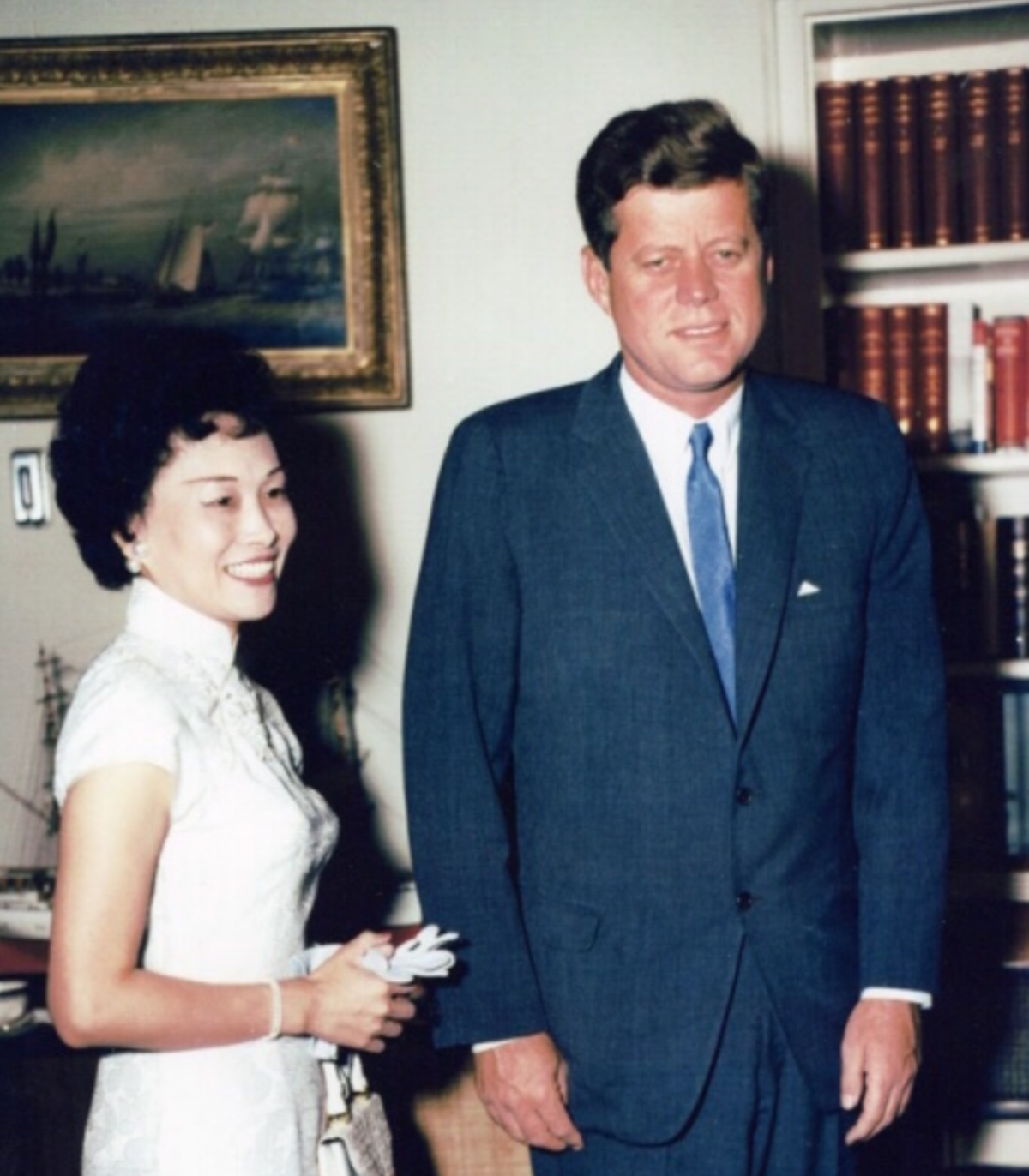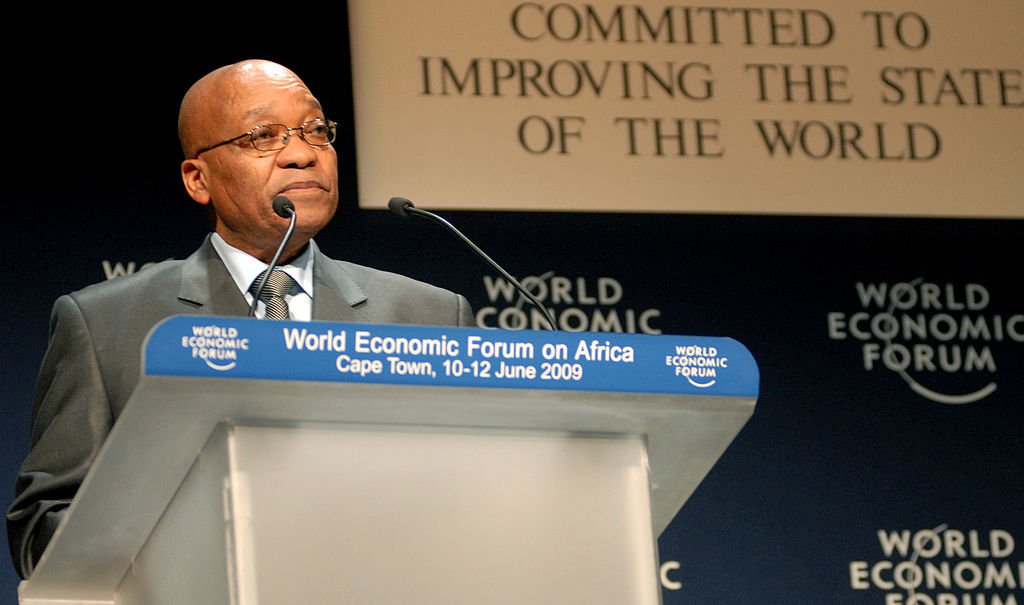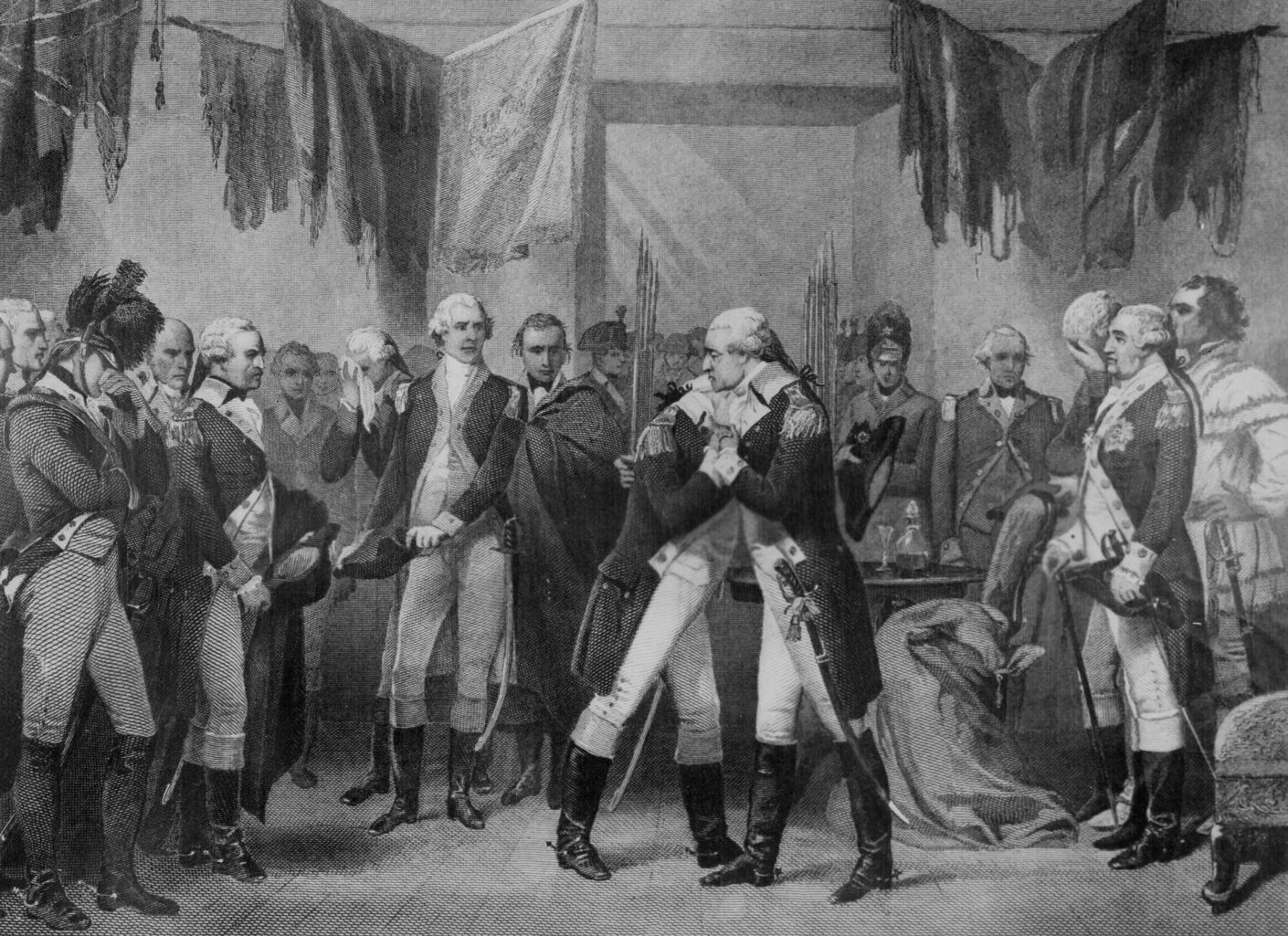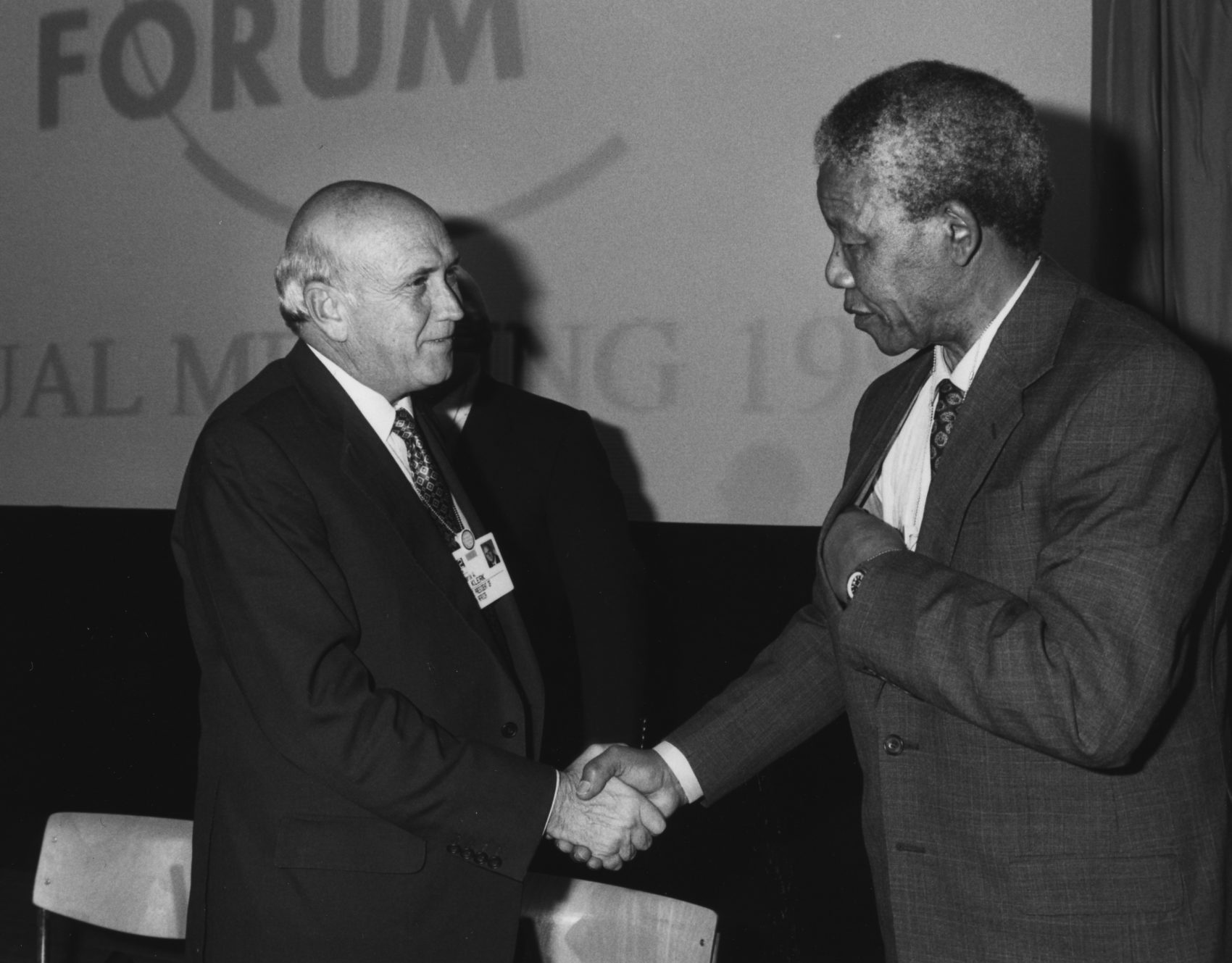“Dragon Lady” & “Mother of the Nation”
Anna Chennault and Winnie Mandela, two formidable women who represented some of the last century’s great international conflicts, have died.
Mark TooleyApril 5, 2018
South African President Zuma Resigns
Facing a parliamentary no-confidence vote after defying orders from the National Executive Committee (NEC) of his African National Congress (ANC) party to step down, President Jacob Zuma has resigned.
Harry GreenFebruary 15, 2018
Afterthoughts on the Farewell Address: Washington’s Wisdom
In this convicting article, originally published in Christianity and Crisis on March 8, 1943, Editor Howard C. Robbins decries isolationism as the ideology of less prosperous and influential times. He exhorts the United States to assume the responsibility demanded of a large nation-state and work to “end international anarchy.” Evoking the spirit of George Washington’s Farewell Address, Robbins pleads the United States to embrace a central role in international politics. Furthermore, he implores the American public to follow in Washington’s footsteps by shedding partisan politics.
Christianity & Crisis MagazineFebruary 2, 2018
Christianity & Crisis in South Africa Today
Can the churches in South Africa speak to the country’s spiritual and political crisis today?
Terry TastardFebruary 28, 2017
Is There Hope for Africa?
Pessimism, paternalism, and pity are inappropriate responses to the present predicament of the people of Africa.
Gideon StraussSeptember 13, 2016
Chopping Ugly Heads off Stiffened Necks
“Constitutionalism, accountability, and the rule of law constitute the sharp and mighty sword that stands ready to chop the ugly head of impunity off its stiffened neck.” Thus the Constitutional Court of South Africa wrote in what is known as The Nkandla Case.
Gideon StraussApril 8, 2016
The U.S.-South African Chicken War
At the intersection of Christianity and American foreign policy, trade matters as much as war
Gideon StraussDecember 4, 2015








 Sponsor a student for Christianity & National Security 2024
Sponsor a student for Christianity & National Security 2024